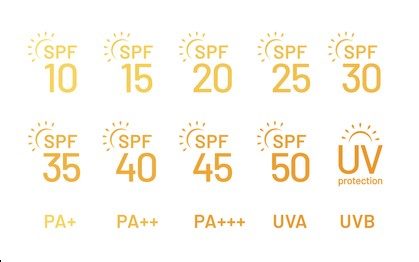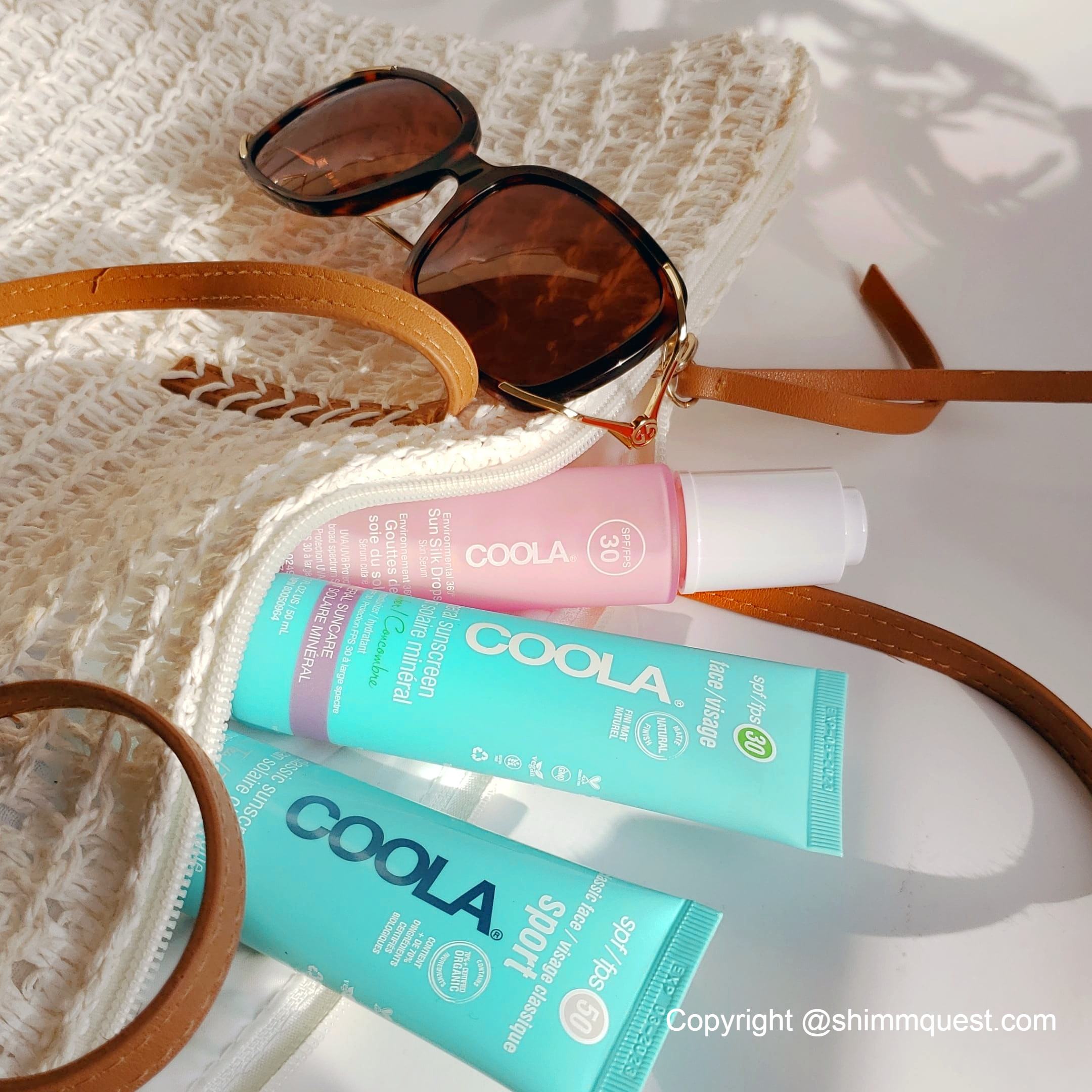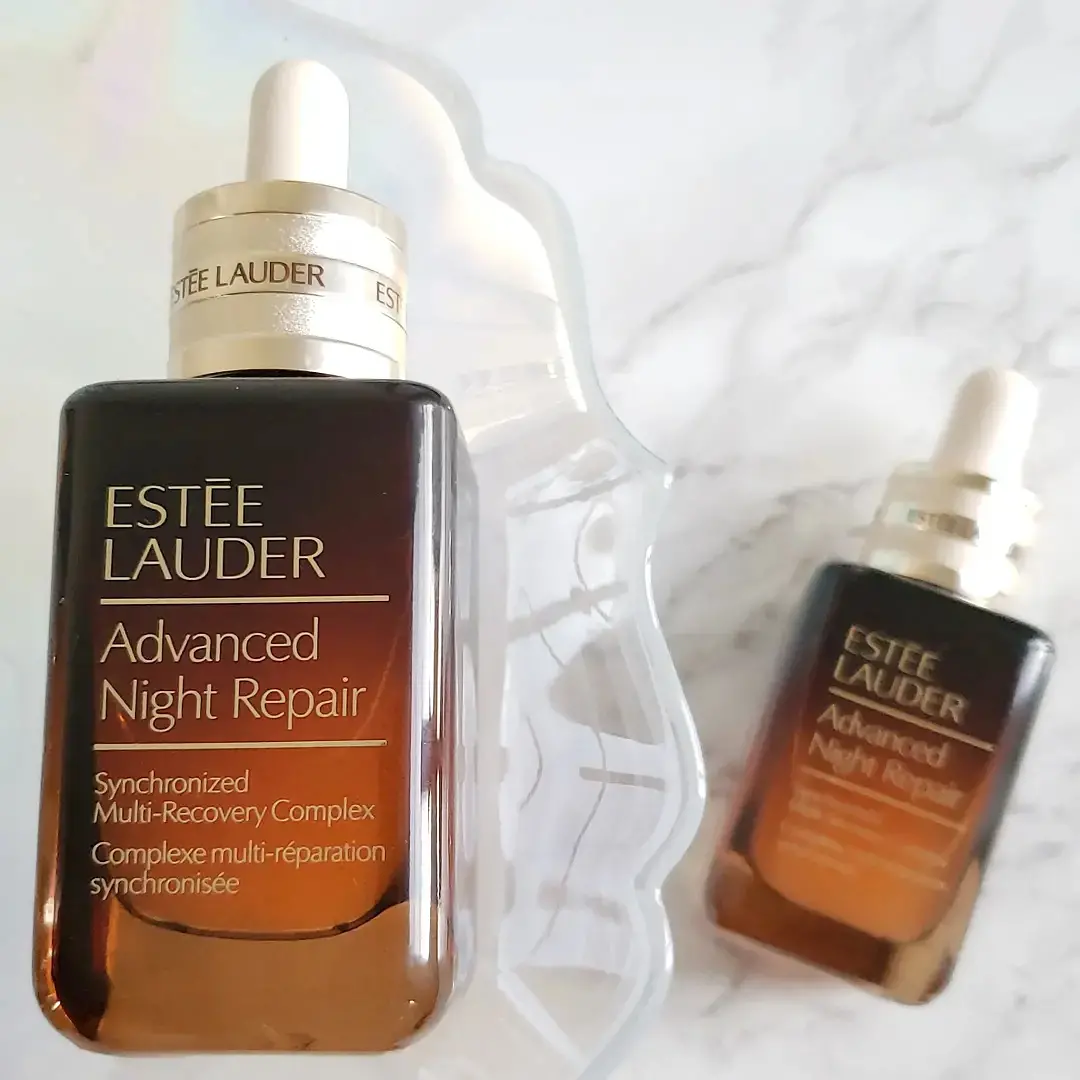If there is one thing that I wish I knew sooner than later about skin care and anti-aging what would that be?
For me, I wish I knew about how important using sunscreen is. I can recall in my early days, even few years ago I was under scorching heat on beach or roaming around with just my makeup on, didn’t bother putting sunscreen or even if I did I didn’t reapply. Whether wearing hats on or not harmful rays from sun get through and cause long term damage to our skin. In fact with my recent finding from various sources I concluded sunscreen is in fact needed whether it’s rain or shine. If you are wondering why if it’s still cloudy ? Research shows up to 80 percent of the sun’s rays can pass through clouds, so if you are thinking it’s ok to skip sun protection on an overcast day, you might have to rethink. One should wear sunscreen all year, including the winter months. Snow can reflect up to 80 percent of ultraviolet (UV) rays, increasing your risk of exposure to sun damage. Also, the higher the altitude, the greater the UV exposure, so sunscreen is crucial even you are enjoying winter snow. Basically if it’s day time, wear sun screen!
Before I list some of key reason why we should wear sunscreen, I want to share some known facts on sunscreen.
Since when Sunscreen exist? If you are thinking sunscreen is a modern phenomenal I should say you are wrong. Sunscreen dates back to ancient Egypt, where rice bran extract and jasmine were used to help shield skin from the sun. Modern day chemists invented the first commercial sunscreen in 1936, and it has been improved upon ever since. Modern sunscreens are water resistant, and are included in many cosmetics and beauty products, such as primers, foundations, serums, and creams.
Who should wear sunscreen? In one word, “Everyone”. As per Skin Cancer Org, any human from any race older than 6 months of age should wear sunscreen everyday. Whether your skin visually burns or not sun exposure over time cause skin damage in the long run.
What is SPF in sunscreen? You might have seen SPF15, 30, 60 etc. on sunscreen. SPF stands for Sun Protection Factor. The number of SPF defines how long the sun’s UVA and UVB rays would take to produce sunburn with the presence of sunscreen. As the SPF value increases, sunburn protection increases. To give an example, if you are wearing SPF 30 sunscreen properly, it would take 30 times longer to burn than if you aren’t wearing any sunscreen.

So higher the SPF better? Not necessarily. If you are inside home with less direct exposure to sun study shows SPF 15 or higher is good enough. But if you are outdoor under direct sun you need sunscreen higher than SPF30. My personal number is SPF 60. You should apply sunscreen 30 minutes before being outside. That’s not all no matter how higher SPF you apply it is always advisable reapplication of sunscreen in every 2 hours. If you are swimming, or sweating reapply immediately.
Sound like hassle? Why you should wear sunscreen?
If you are not used to using sunscreen, you might be thinking why go through so much hassle of sunscreen SPF, apply, reapply etc. So without going into too much detail, here are few key reason why you should wear sunscreen for life:
- First and foremost, sunscreen can protect your skin sunburn and heat exhaustion
- It Protects Your Skin from harmful Rays from sun commonly known as UVA and UVB
- Study shows, it lowers the chance of skin cancer risk with regular use of sunscreen. (note there are other factors too that can contribute to skin cancer)
- Sunscreen can prevents premature signs of aging
- It can help to prevent discoloration, dark spot caused by sun damage and help to maintain even skin tone
I hope this was convincing enough for you to now adapt using sunscreen in your daily life, if you are not using sunscreen already. In coming days I will share different type of sunscreen and some sunscreen reviews.
Stay tuned and subscribe to find some amazing sunscreen reviews.





Greetings! Very useful advice within this article! It is the little changes that will make the greatest changes. Many thanks for sharing!